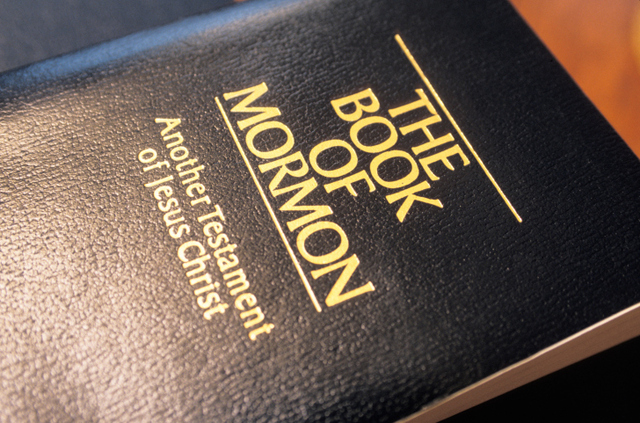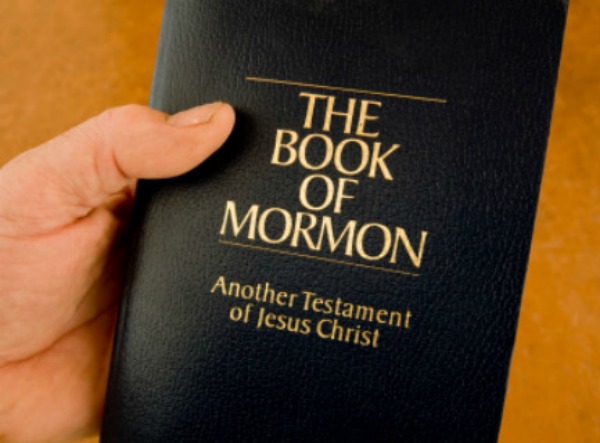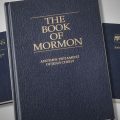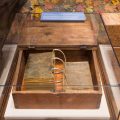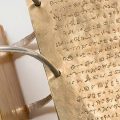Question
Gramps,
What does it mean, “For all this his anger is not turned away, but his hand is stretched out still”? Why is it repeated so many times and always seems contradictory?
Beatrice
Answer
Beatrice,
Thanks for the question, Beatrice. This particular phrase is one of the most commonly misunderstood in Isaiah (and in the Book of Mormon, where this Isaiah phrase is quoted numerous times). Let’s look at it in context.
This phrase is first encountered in the fifth chapter of Isaiah (corresponding to the fifteenth chapter of 2 Nephi). After telling of the destruction that will come upon the unfaithful and hypocritical among Israel, verse 25 reads:
Therefore is the anger of the Lord kindled against his people, and he hath stretched forth his hand against them, and hath smitten them: and the hills did tremble, and their carcases were torn in the midst of the streets. For all this his anger is not turned away, but his hand is stretched out still.
Did you see what was meant by the stretching forth of God’s hand? It is “stretched forth…against them,” where them means “his [God’s] people”—Israel. And that stretched-forth hand, the hand of destruction unto Israel, remains stretched forth. Again and again this is emphasized, pounded home like a hammer driving a nail into a board: “For all this his anger is not turned away, but his hand is stretched out still.”
The meaning here is stark, even terrifying: The Lord will utterly destroy the wicked among his people. Even after all the horrific evils which will come upon them, the Lord’s hand of destruction is still stretched out. The symbolism is clear. The Lord will not stop the complete destruction of the wicked among his people. On the contrary, he will hasten it.
This phrase is then repeated numerous times in Isaiah’s following prophecies. Every time we read “his hand is stretched out still”, we should understand that as a divine warning of utter destruction to the wicked of the house of Israel.
However, many Saints naively interpret this as meaning that the Lord’s helping hand of generosity and love is always extended toward his children. And therein lies the problem. This is a true doctrine—repentance is always available to those who will avail themselves of it, and the Lord’s hand of love is indeed always extended toward the repentant. But regardless of the truthfulness of that doctrine, that is not what this phrase means in Isaiah. No, Isaiah speaks with crystal clarity of God’s terrifying hand of condemnation that will visit the inevitable destructive consequences of evil on the heads of the wicked, rebellious, and unrepentant.
But wait! Didn’t Nephi himself say, “And now I write some of the words of Isaiah, that whoso of my people shall see these words may lift up their hearts and rejoice for all men“? These Isaiah passages were included by Nephi explicitly so those of his people who saw them could rejoice! How is the woeful retelling of the utter destruction among Israel cause for rejoicing?
It is worthy of rejoicing because it means that Zion and all of her faithful inhabitants will be redeemed. The wicked in Zion, those who pollute her and make her unworthy of her King, will be purged. Righteousness, purity, and peace will finally triumph. As Nephi’s last quotation of Isaiah reads:
Rejoice not thou, whole Palestina, because the rod of him that smote thee is broken; for out of the serpent’s root shall come forth a cockatrice, and his fruit shall be a fiery flying serpent. And the firstborn of the poor shall feed, and the needy shall lie down in safety; and I will kill thy root with famine, and he shall slay thy remnant. Howl, O gate; cry, O city; thou, whole Palestina, art dissolved; for there shall come from the north a smoke, and none shall be alone in his appointed times. What shall then answer the messengers of the nations? That the Lord hath founded Zion, and the poor of his people shall trust in it.
Or to translate this into 21st-century Gramps-speak:
Don’t be smug, wicked Israel, just because the whip of your slavemaster has been broken; because out of the butt of that whip will come a monster whose offspring will be a fire-breathing dragon that will consume you. And of the poor of Israel (both in money and in spirit) whom you mock, their children will eat well and their sick and afflicted will enjoy comfort and safety, while you and your offspring will be destroyed. Weep for your devastation and cry for your loss, proud Israel! Your utter destruction comes as an army from the realms of the false gods you worship, and their soldiers will overpower you. And then, at that time, what will the messengers of all the nations say of those who remain in Israel? That the Lord has established his Zion, and all of his sheep, those who are poor in heart, will dwell there and enjoy its protections forever.
What could be more joyful and hopeful than this, the redemption of Zion? Along with our faithful brother Nephi, let us rejoice in the rise of Zion and the blessed state of those who will live therein, and seek inclusion in Zion for ourselves, our loved ones, and all men and women who will come unto God and be saved.
Gramps

